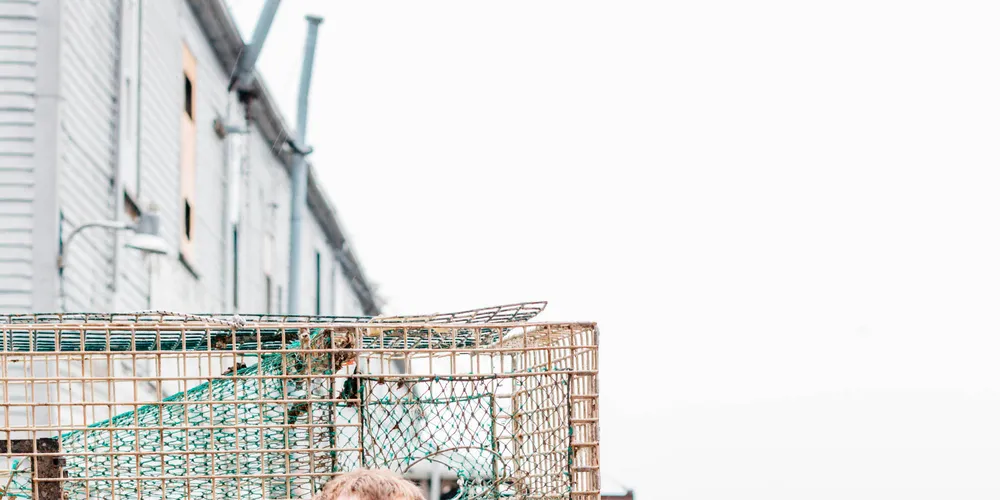40 under 40: Barton Seaver, Chef
'Just as our culture genuflects to farmers, so too must the seafood industry credit itself and represent as part of this noble heritage of food producers.'

'Just as our culture genuflects to farmers, so too must the seafood industry credit itself and represent as part of this noble heritage of food producers.'
